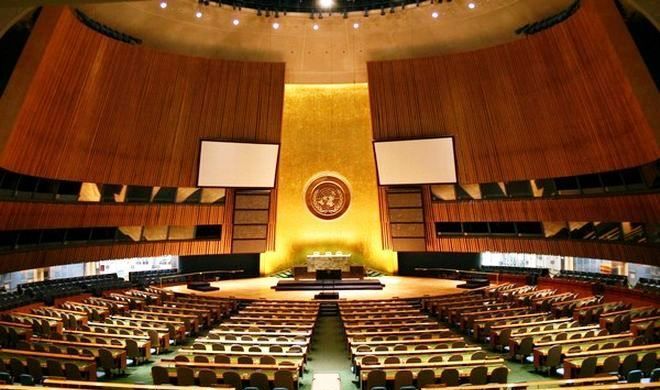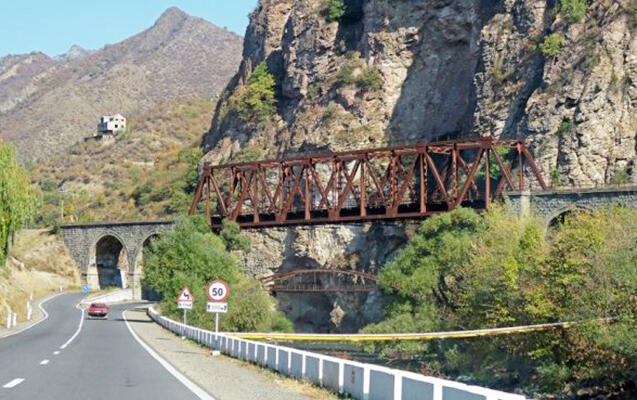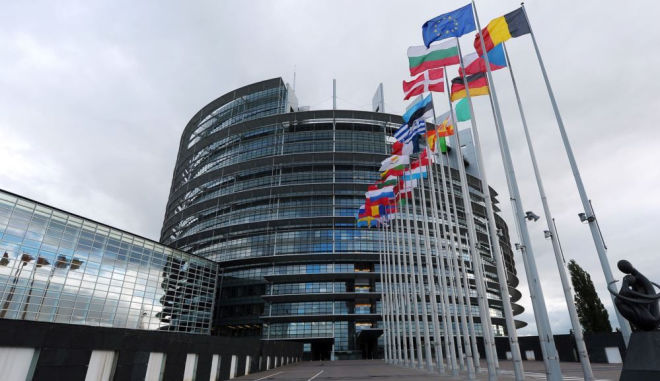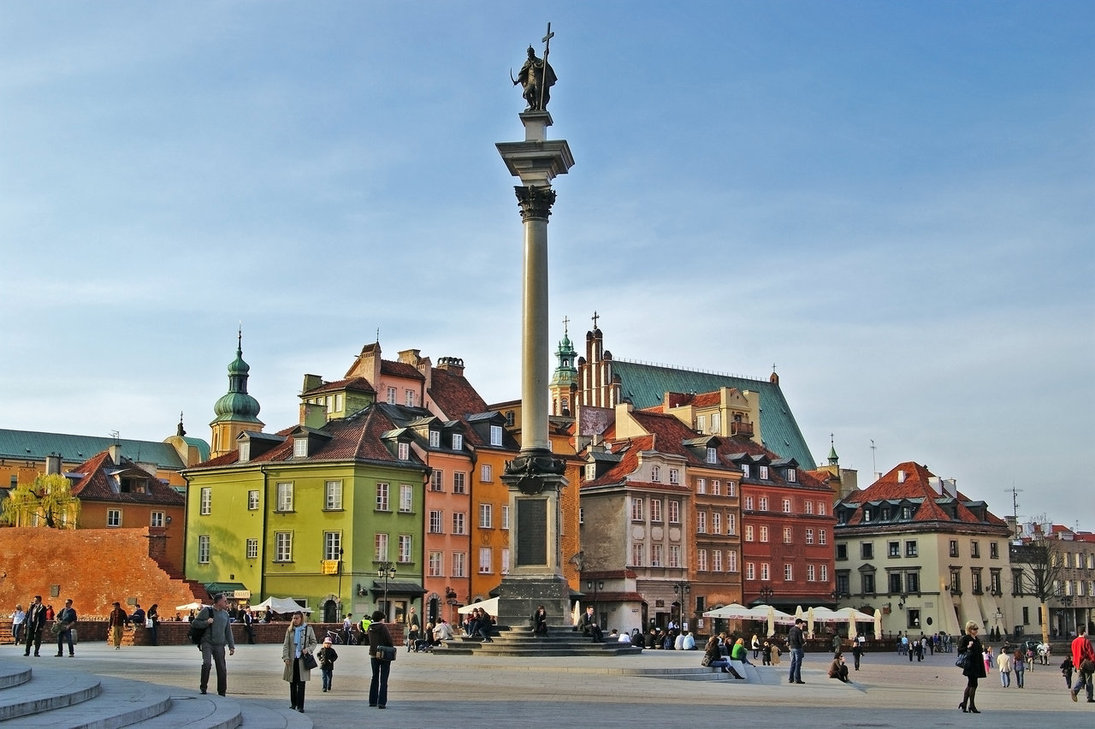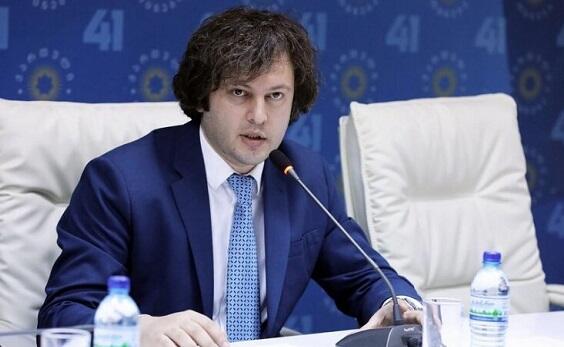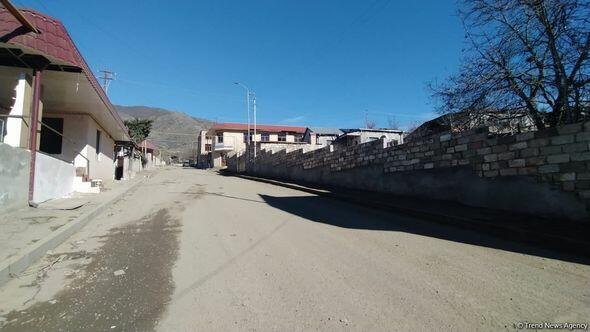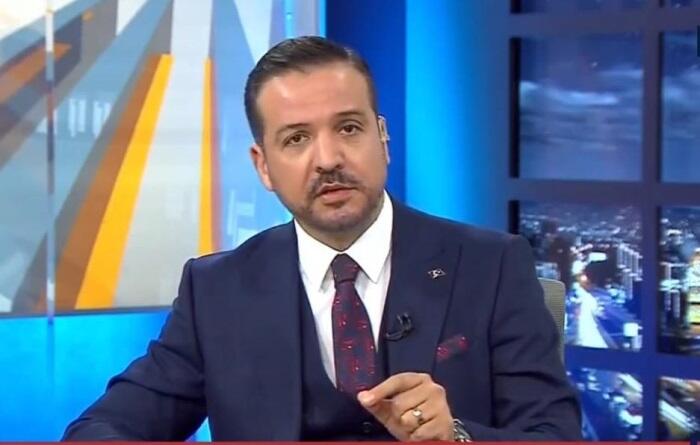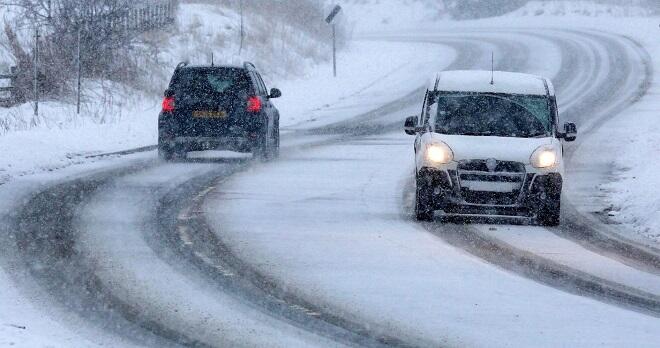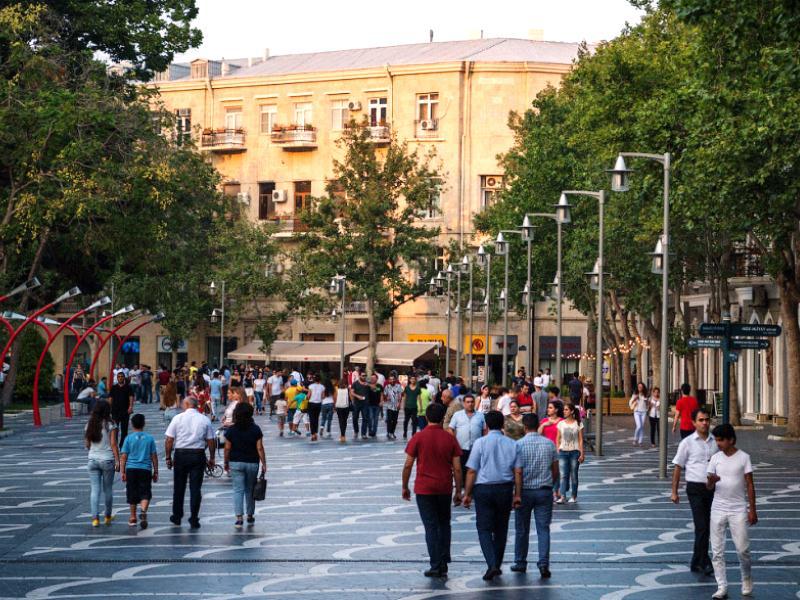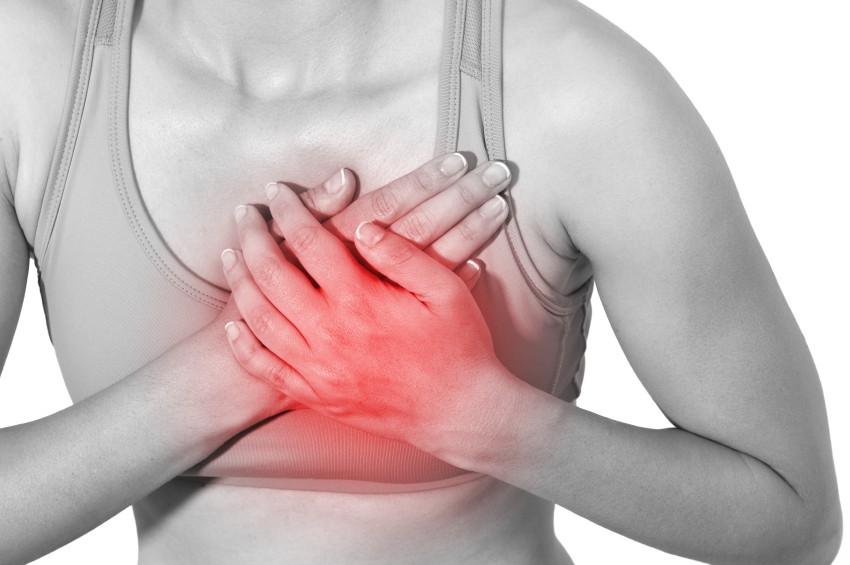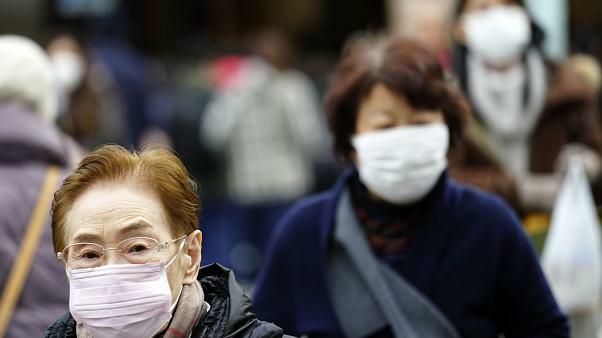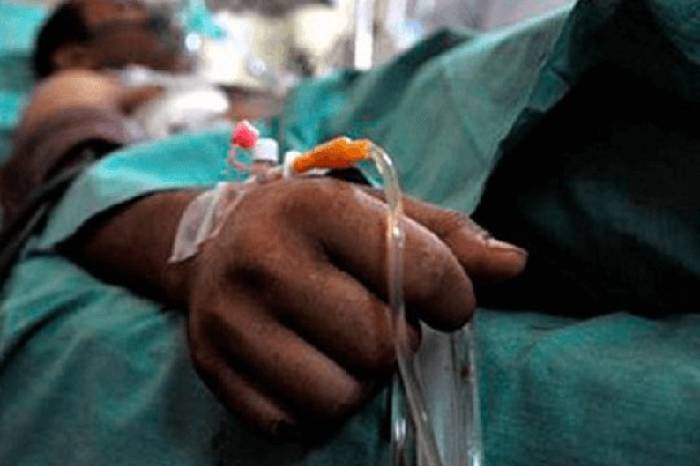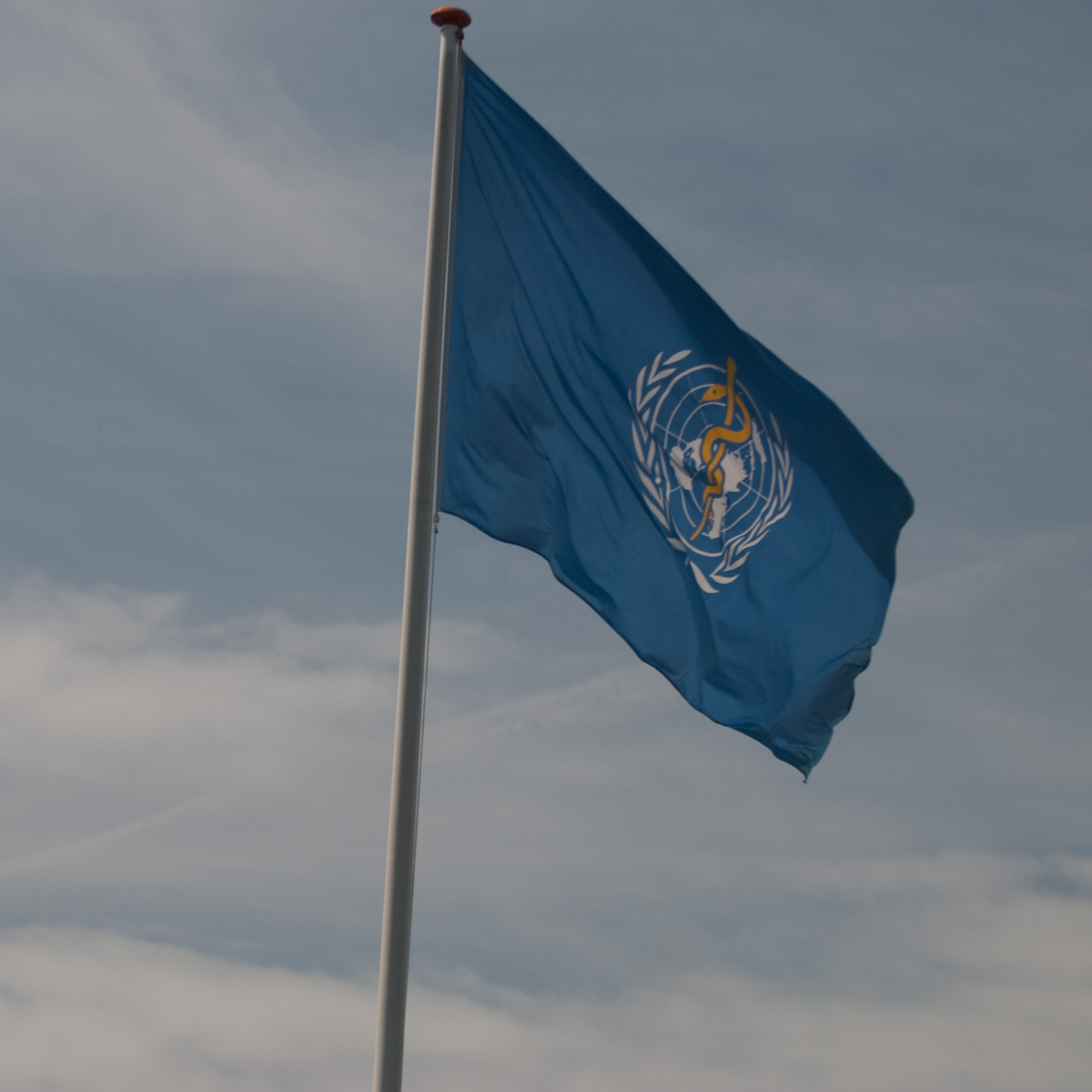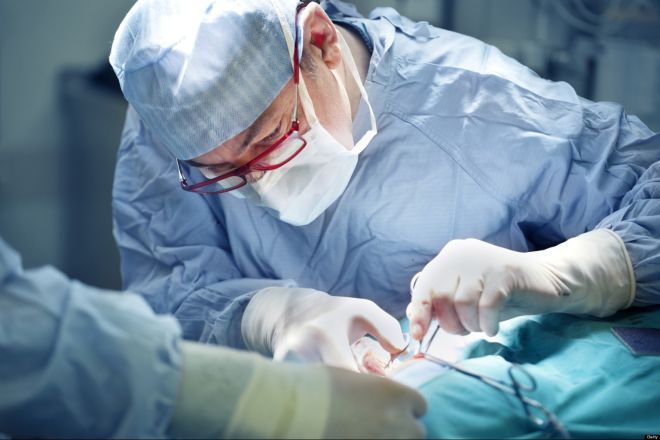Most of us know the signs of a heart attack when it happens: discomfort in the chest that doesn’t go away, unconsciousness, and abnormal pulse or breathing. However, there are some symptoms that can manifest about a month before a serious heart attack takes place. Being aware of these signs and knowing what they mean could save a life.
Fatigue
When the arteries become narrow your heart receives a lot less blood than it is used to. This makes the heart work a whole lot harder than it normally would have to, leaving you feeling overly tired and drowsy just about all of the time.
Shortness of breath
When your heart is getting less blood this means it your lungs are not going to be able to get as much oxygen to the lungs as you normally would. The two systems depend on one another so without one you can’t have the other. If you have been having trouble breathing it is best to consult a doctor as soon as possible, this could mean it is getting close to time for your attack.
Weakness
When your body becomes weak, all of a sudden it is because the arteries becoming more narrow are not allowing blood circulation properly. Your muscles aren’t getting what they need, and this could cause you to fall even for what may seem like at first no reason so be especially careful.
Dizziness and Cold Sweats
The poor circulations is also causing the blood flow to your brain to be restricted. This is very life threatening. This will at first cause dizziness and clamminess. You should not ignore this.
Chest Pressure
If you are having onset symptoms of a heart attack chances are you have been experiencing discomfort in your chest, whether it’s minor pain or built-up pressure.This will constantly increase until the attack itself happens.
Flu or Cold Symptoms
If you feel as if you are having flu symptoms out of nowhere this could be because the attack itself is about to happen within the near future. Many people feel they have developed cold just days before their attacks.
How to handle this:
If you or someone you know is experiencing these symptoms, please see a doctor as soon as possible. The best way to prevent a heart attack is by noticing the symptoms early on.
